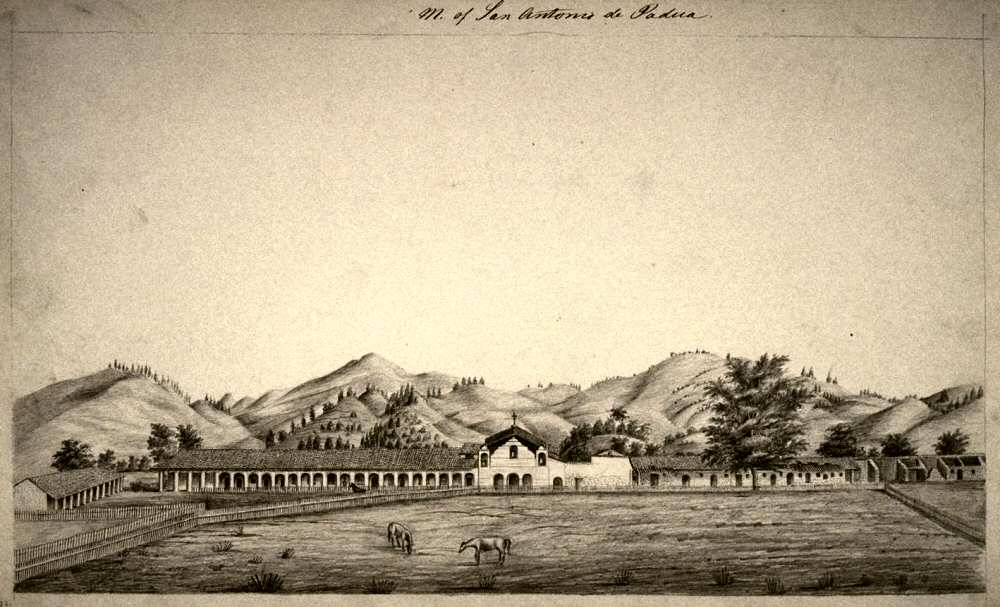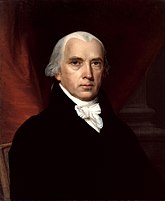mad orc
Banned
Alta California
(This is a side chapter that will run in conjunction with the main story ,so even if this chapter remains incomplete ,it doesn't affect the main story ,if you wish to simply continue reading the main story ,you may read on ahead and skip this one .)
In the case of this wild untamed and distant land of Alta California, time ran funny .For example, the residents of this place found out that their nation had changed, in early 1822 .
They understood that Spain had been totally defeated only when the tax man arrived and told them .
Thus ,it would take them, some months time to be aware that they had a new monarch .
Why did this happen, obviously, there were no good roads, no good communication systems, nothing .Not like they cared anyway. To them ,as long as they got to be princes of their own domains, their own rancheros or Missions in the case of the clergy, they were fine .
As long as the nuisance value of the government was minimal, they lived on lives as if nothing had happened. In fact, in Los Angeles, only three men actually cried Viva la Mexico(Before the taxman arrived with soldiers and forced the entire town to cry out at the point of a musket's muzzle) .
And life went on ,in this untamed land.
For the Indians also ,nothing notably changed .
And life went on .



Yes ,there was some degree of jubliation .But that was mainly due to the fact, that these hard men had thought, they would get more benefits and tax cuts .
But one person here ,still in his young age started understanding the situation at this point .He would go on to play a notable part in Mexican politics in the future .
Jose Antonio Castro was born in 1808 in Montery .He was the son of a rich Ranchero who had waged a private war against an armed band of Indians in 1814 and after defeating them, had claimed the land for himself as a grant thus doubling his land .His father José Tiburcio Castro was a soldier, member of the Diputación (territorial legislature), the administrator of Mission San Juan Bautista after it was secularized, and grantee of Rancho Sausal.
Castro was known to be a vocal child and in 1824, when still 16 ,he had said to his father that "I don't see any good coming from this new political change in far off Mexico(city) " .
There were not only people ,but seemingly unimportant places which held a large significance .
Fort Ross was a Russian fort built in 1812 in California .It was the hub of the Russian American company which was in the farming and manufacturing business .
In addition to farming and manufacturing, the Company carried on its fur-trading business at Fort Ross, but by 1817, after 20 years of intense hunting by Spanish, American and British ships - followed by Russian efforts - had practically eliminated sea otter in the area.
Among the Californios, there was a growing demand, to annex or buy that fort.
The Spanish hadn't heeded to this demand and neither did Iturbide .
Thus, the seeds of future resentment were being firmly sown .
(This is a side chapter that will run in conjunction with the main story ,so even if this chapter remains incomplete ,it doesn't affect the main story ,if you wish to simply continue reading the main story ,you may read on ahead and skip this one .)
In the case of this wild untamed and distant land of Alta California, time ran funny .For example, the residents of this place found out that their nation had changed, in early 1822 .
They understood that Spain had been totally defeated only when the tax man arrived and told them .
Thus ,it would take them, some months time to be aware that they had a new monarch .
Why did this happen, obviously, there were no good roads, no good communication systems, nothing .Not like they cared anyway. To them ,as long as they got to be princes of their own domains, their own rancheros or Missions in the case of the clergy, they were fine .
As long as the nuisance value of the government was minimal, they lived on lives as if nothing had happened. In fact, in Los Angeles, only three men actually cried Viva la Mexico(Before the taxman arrived with soldiers and forced the entire town to cry out at the point of a musket's muzzle) .
And life went on ,in this untamed land.
For the Indians also ,nothing notably changed .
And life went on .



Yes ,there was some degree of jubliation .But that was mainly due to the fact, that these hard men had thought, they would get more benefits and tax cuts .
But one person here ,still in his young age started understanding the situation at this point .He would go on to play a notable part in Mexican politics in the future .
Jose Antonio Castro was born in 1808 in Montery .He was the son of a rich Ranchero who had waged a private war against an armed band of Indians in 1814 and after defeating them, had claimed the land for himself as a grant thus doubling his land .His father José Tiburcio Castro was a soldier, member of the Diputación (territorial legislature), the administrator of Mission San Juan Bautista after it was secularized, and grantee of Rancho Sausal.
Castro was known to be a vocal child and in 1824, when still 16 ,he had said to his father that "I don't see any good coming from this new political change in far off Mexico(city) " .
There were not only people ,but seemingly unimportant places which held a large significance .
Fort Ross was a Russian fort built in 1812 in California .It was the hub of the Russian American company which was in the farming and manufacturing business .
In addition to farming and manufacturing, the Company carried on its fur-trading business at Fort Ross, but by 1817, after 20 years of intense hunting by Spanish, American and British ships - followed by Russian efforts - had practically eliminated sea otter in the area.
Among the Californios, there was a growing demand, to annex or buy that fort.
The Spanish hadn't heeded to this demand and neither did Iturbide .
Thus, the seeds of future resentment were being firmly sown .
Last edited:









